5. Miss Sloane
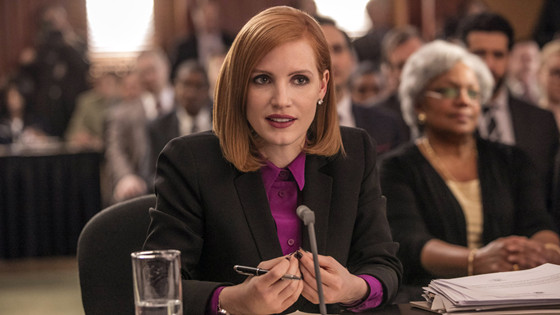
Directed by Best Picture winner Shaekspeare in Love’s John Madden, Miss Sloane seemed destined for awards glory with its relevance to current discourse and its dynamic lead performance by Jessica Chastain. Chastain earned a Golden Globe nod for her performance, but the Oscars didn’t follow suit, and the film itself was completely ignored by other awards bodies.
Chastain stars as a whip smart lobbyist who finds herself at the center of the national reckoning over gun violence when she’s hired to lead the charge to handle a bill expanding background checks for guns. While there is a good deal of the film that takes part in the gun debate, it mostly centers on how cutthroat politics work, how new developments can shape the narrative behind a political issue, and the importance of making a compelling argument. Sloane spends her career trying to convince public figures to act in a certain way, but her new status puts her out of her comfort zone as she is forced directly into the media spotlight and unflattering details about her personal life emerge.
Madden directs a confident, quickly paced film that never feels like its simplifying the complexity of politics or talking down to the audience. The film also has a great sense of scope, sending Sloane to various locations as meets with different lawmakers on behalf of the bill. In particular, the scenes at a U.S. Senate congressional hearing do a great job at putting the audience right in the center of a harrowing public event gone awry. Max Richter’s excellent score also adds to the intensity of the film, conveying the urgency of Sloane’s mission.
4. J. Edgar
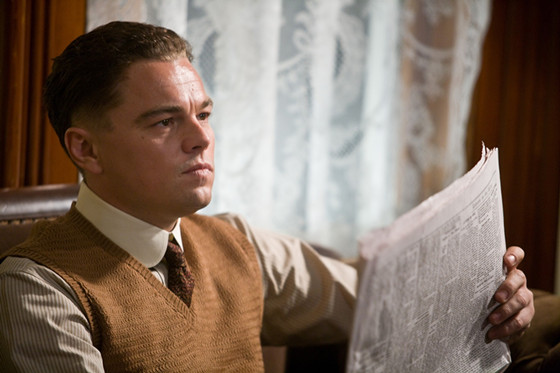
J. Edgar is often brought up as a stereotypical example of what failed “Oscar bait” looks like; it’s directed by an Oscar winning filmmaker and centers around a controversial historical figure played by an acclaimed actor who wears heavy makeup. While it seemed to hit all the checkmarks for an Oscar frontrunner, J. Edgar debuted to mixed reviews and failed to make any real waves in the awards cycle.
It’s clear that director Clint Eastwood had nothing but good intentions with his ambitious biopic; Leonardo DiCaprio is riveting as the infamous FBI Director, portraying him as an awkward, power hungry deceiver whose conflict over his own identity fueled his quest for influence and caused him to betray and belittle all that surrounded him. J. Edgar understands that its lead character is a complicated person; while the film never shies away from Hoover’s deceitful ways, it does make him sympathetic by showing his abusive mother, played by Judi Dench, and his relationship with his longtime partner Clyde Tolson played by Armie Hammer.
What’s most interesting about J. Edgar is that it tells Hoover’s life from his perspective, and thus explores how Hoover tried to rewrite his own history- the film is shot in a muted, gray color pallet in order to reflect Hoover’s black and white view of the world. By doing this, Eastwood is able to juxtapose the real nature of events with the way Hoover saw them as, and questions if in the end Hoover was lying to himself as much as he was to everyone else. J. Edgar is a much more interesting film that it has received credit for, and deserves to be known for more than its silly makeup.
3. The Front Runner
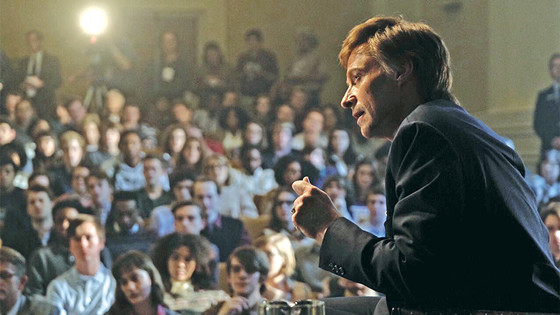
Having won an Emmy, a Grammy, and a Tony, Hugh Jackman just needs an Oscar to attain EGOT status, and while it seemed like The Front Runner would give him a chance to do so, the film was an unexpected box office bomb that nearly disappeared from existence upon release, receiving no recognition at any major awards ceremonies.
Jackman stars as Presidential candidate Gary Hart, whose prosperous bid for the presidency ended in humiliation when details of an extramarital affair became known to the media. Political campaigns make for great drama, and the film explores the beginning of what a media circus would look like, and details how quickly it can derail a candidate. Director Jason Reitman utilizes a cinema verite style of capturing the frantic energy of Hart’s cramped campaign offices and stressful public appearances.
The Front Runner is sympathetic to everyone involved, and while it doesn’t depict the journalists that break the story as particularly malicious, it acknowledges the impact that their actions had on the future of politics. Jackman does some of his best work to date as Hart, and is able to be charismatic in the early stages of the race, yet also be vulnerable when he’s being verbally challenged by his wife, played by Vera Farmiga, and his campaign manager, played by a scenery chewing J.K. Simmons. Even though the film ends with a predetermined conclusion, it’s a consistently insightful and nail biting political thriller that for whatever reason never connected with audiences.
2. Last Flag Flying
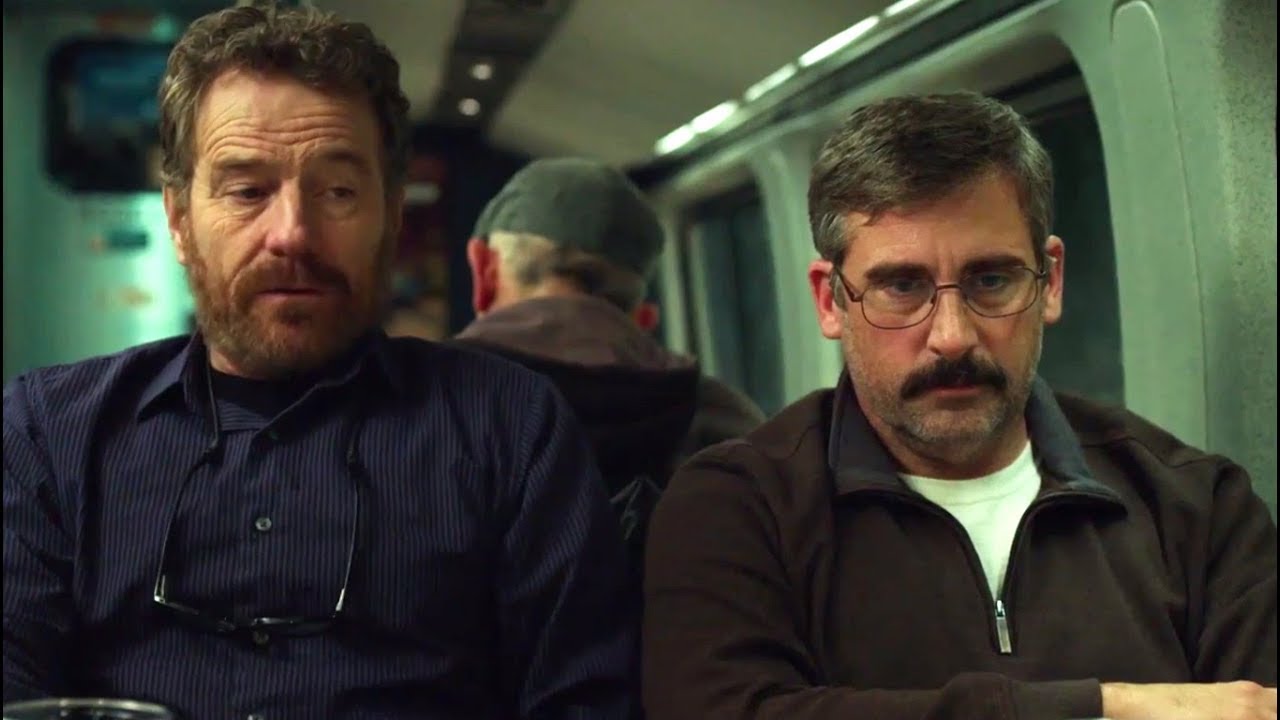
With a spot as the Centerpiece Screening at the 2017 New York Film Festival and an expensive awards campaign from Amazon Studios and Lionsgate, Last Flag Flying sought the attention of awards voters with a focus on legendary writer/director Richard Linklater and performances by Steve Carrell and Bryan Cranston. Unlike some of Linklater’s previous works, Last Flag Flying didn’t make an awards splash.
An unofficial of sorts to the 1973 classic The Last Detail, Last Flag Flying follows three Vietnam veterans, played by Steve Carrell, Bryan Cranston, and Laurence Fishburne, who reunite after nearly thirty years when a tragedy affects their lives. Their road trip adventure is a mix of both coming to grips with tragedy and the joy of reuniting with old friends and recounting memories. Linklater lingers on the realism of the situation, and doesn’t romanticize military service or the struggle of keeping in touch with friends.
Richard Linklater is known for being able to get in his character’s heads through long conversations, be it in coming of age films like Boyhood or Dazed and Confused or in the long term examination of a relationship in the Before trilogy. With Last Flag Flying, he examines middle aged men who are somewhat out of touch and feel abandoned by their families and their nation, and are forced to return to the friends they made during a defining experience in their lives. It’s sweet and somber, and most definitely one of Linklater’s most underlooked films, as it failed to draw in Academy voters.
1. Young Adult
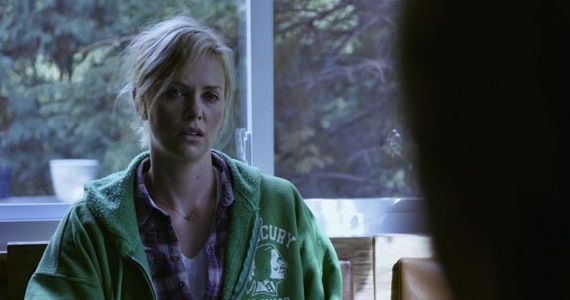
In 2011, director Jason Reitman was coming off of directing two successive Best Picture, and was once again teamed with Juno’s Oscar winning screenwriter Diable Cody. Throw in Charlize Theron in one of her most heartbreaking and hilarious performances to date and you have the recipe for awards success, or so it may have seemed; Theron, Cody, Reitman, and the entire team behind Young Adult went unnoticed by the Oscars.
Theron has clearly established herself as one of the best actresses working today, and in Young Adult she gives one of her best performances ever as Mavis Gary, a self destructive author that returns to her hometown with the intention of reuniting with her high school boyfriend. The character of Mavis is often completely unlikeable, but Theron is able to slowly peel back the layers behind her to reveal the extent to which her narcissistic teenage personality has carried over and caused havoc within her adult life, and Theron does a great job at making the character both hilarious and tragic.
Diablo Cody may have won the Oscar for Juno, but her writing for Young Adult is even better. Using the framing device of Mavis’s novels as a way to explore her narcissism, it is easy to see the parallels between Mavis and the characters she creates, and how rewriting her own story is cathartic for her. It’s also a film that is brave enough to end on an ambiguous note that still satisfies the development of the characters.
Reitman earned Best Director nominations for both Juno and Up in the Air, and Young Adult is another example of how reserved, intimate direction can make characters feel even more realistic. Reitman also gets great performances out of Patrick Wilson as Mavis’s ex-boyfriend and comedian Patton Oswalt as a former classmate that was a victim of a hate crime- unfortunately, neither managed to crack the top five in the Best Supporting Actor race.
Young Adult features excellent work from everyone involved, and while it’s grim tone and dark comedy may have turned off some awards voters, it is certainly a great film that deserved much more recognition. While it may be perceived as a failure for not receiving an Oscar nominations, it’s a great film that ranks among the most glaring Oscar snubs of the decade.